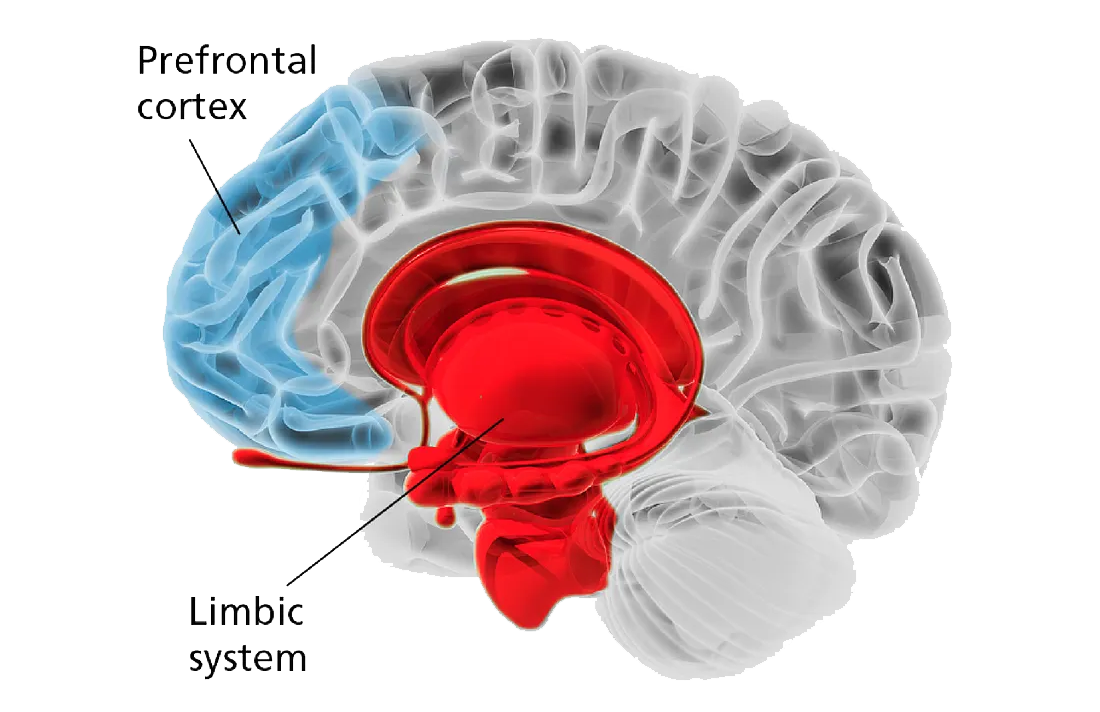Procrastination has a biological cause to it. It results from a constant battle between two parts of our brain: the limbic system and the prefrontal cortex.

Putting things off?
Limbic System: This is the part of the brain that plays a role in emotions, particularly those that play an essential role in survival. The limbic system is linked to feelings of motivation and reward, learning, memory, hunger, thirst, and the production of hormones. It acts as a control centre for conscious and unconscious functions and regulates what the body does.
are a procrastinator
So, when your brain tells you to escape or flee from an unpleasant situation (e.g., any task with deadlines in the context of this article), your limbic system is at work.



